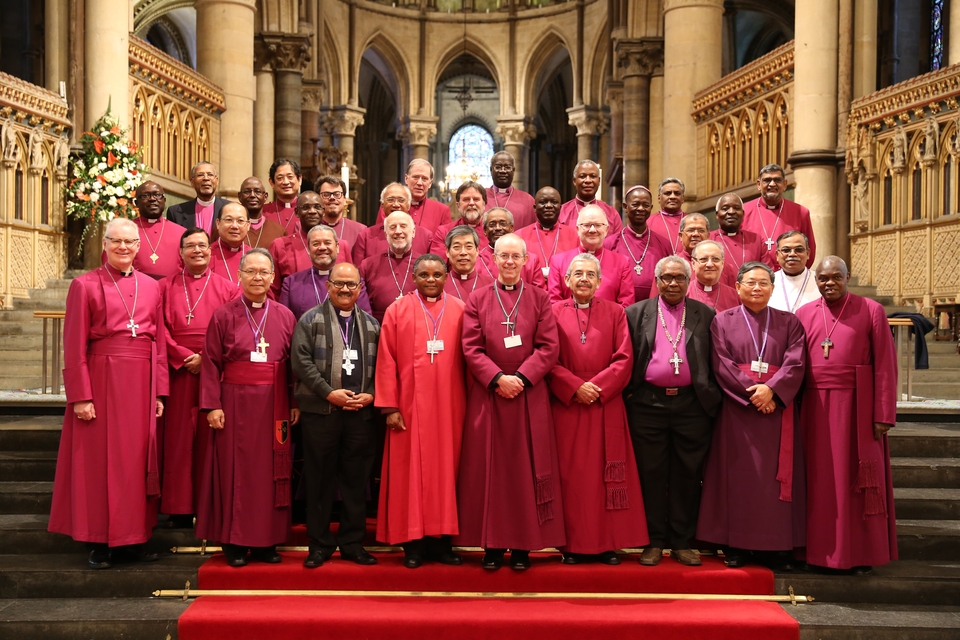Church Times reports:
THE communiqué issued by the Primates in Canterbury last week does not bind anyone, because the Primates’ meeting has no jurisdiction, a canon lawyer said this week. It represented “completely unacceptable interference” with the autonomy of the bodies to whom it had issued requirements.
“I find it utterly extraordinary,” the director of the Centre for Law and Religion at Cardiff University, Professor Norman Doe, said on Tuesday. “No instrument exists conferring upon the Primates’ meeting the jurisdiction to ‘require’ these things. . . Whatever they require is unenforceable.”
…. “The decision will not bind anyone — not the Episcopal Church. There is no question of that.” It was for the bodies referred to in the communiqué to determine what, if any, consequences the Episcopal Church should face, he said.
The communiqué constituted “completely unacceptable interference with the autonomy of each of these bodies as they transact their own business”. It was “absolute nonsense” to suggest that an ecumenical body such as the Anglican-Roman Catholic International Commission (ARCIC), or an Anglican body such as the Anglican Consultative Council, be bound by a decision made by the Primates’ meeting.
About Norman Doe:
He was a member of the Legal Advisory Commission of the Church of England, and deputy chancellor, Diocese of Manchester. A member of the European Consortium for Church and State Research (President in 2010), and the Colloquium of Anglican and Roman Catholic Canon Lawyers, he was a consultant on canon law to the Primates of the Anglican Communion and member of the Lambeth Commission (2003-2004,Windsor Report (2004). He also served on the Anglican Communion Covenant Design Group and was consultant to the Anglican Communion Network of Legal Advisers. Since 1999 he has been an associate professor at the University of Paris, and was docente invitato Pontifical University of St Thomas (Angelicum), Rome, in 2009. With Centre colleagues, he established the Interfaith Legal Advisers Network (2007) and the Law and Religion Scholars Network (2008).
He made five presentations on canon law and covenant at the Lambeth Conference 2008.
Emphasis added.

